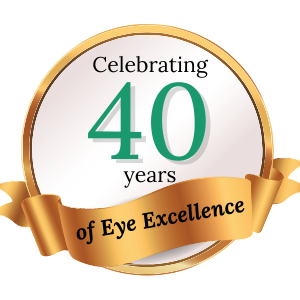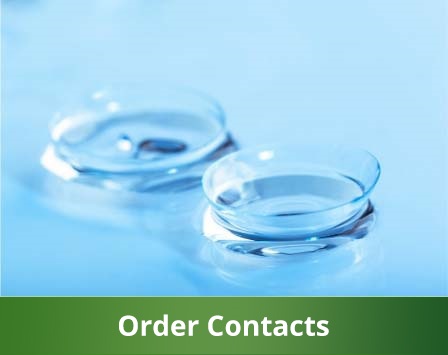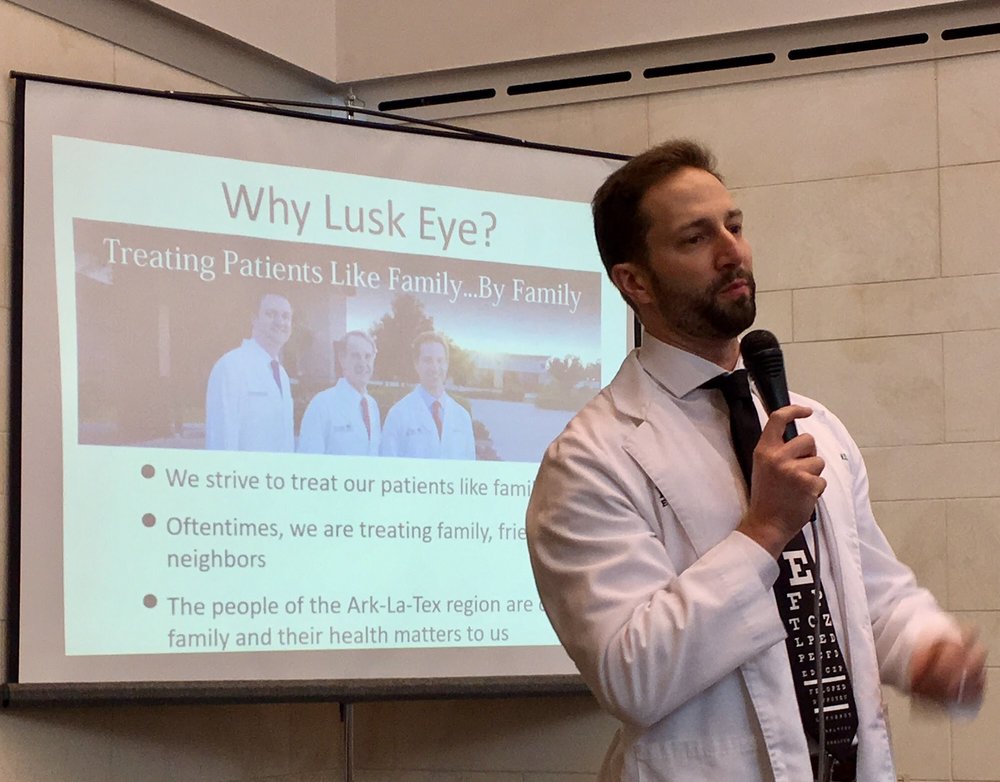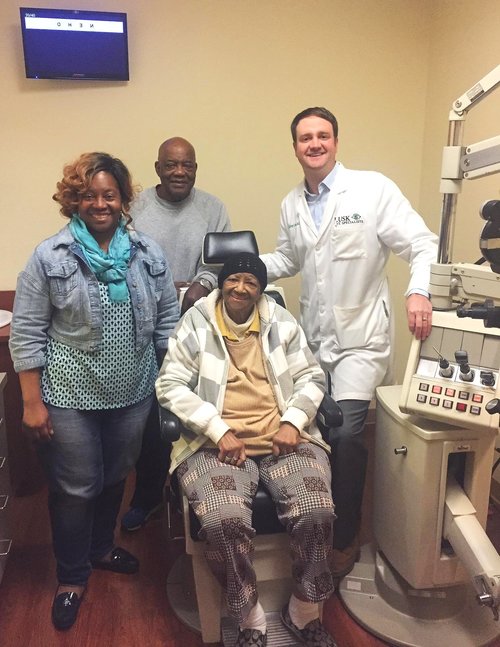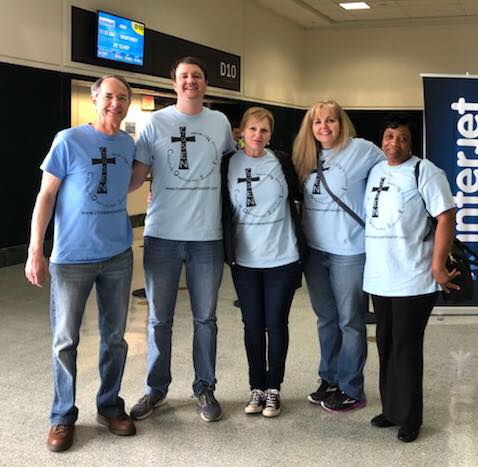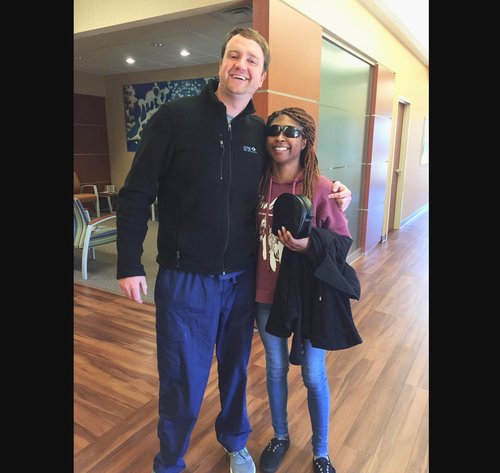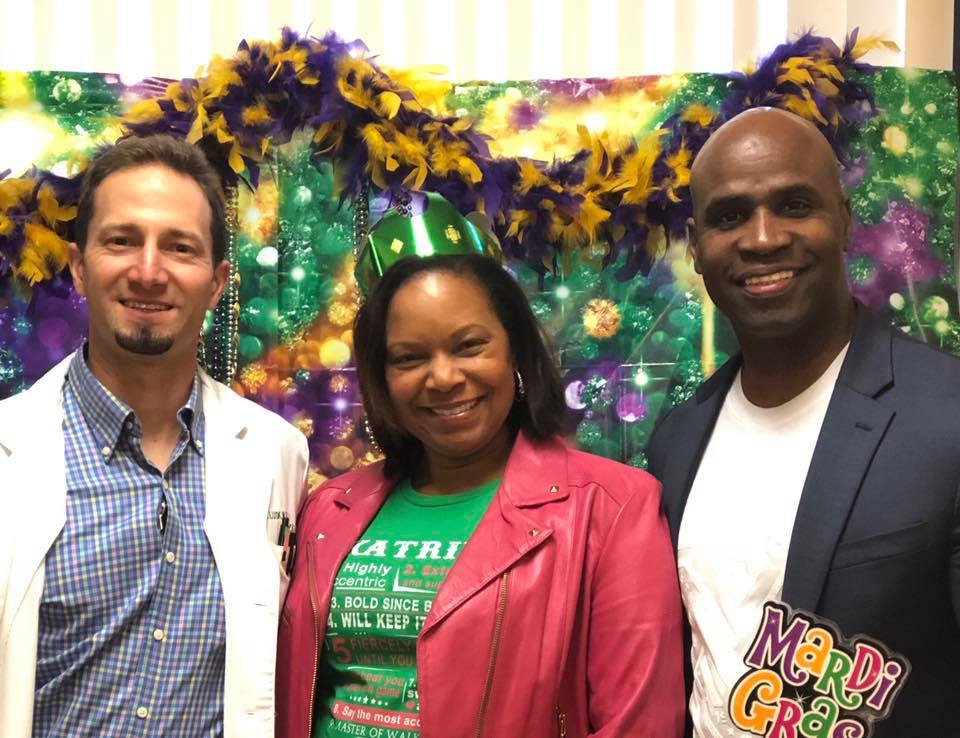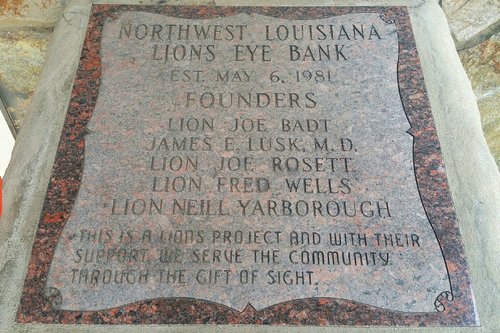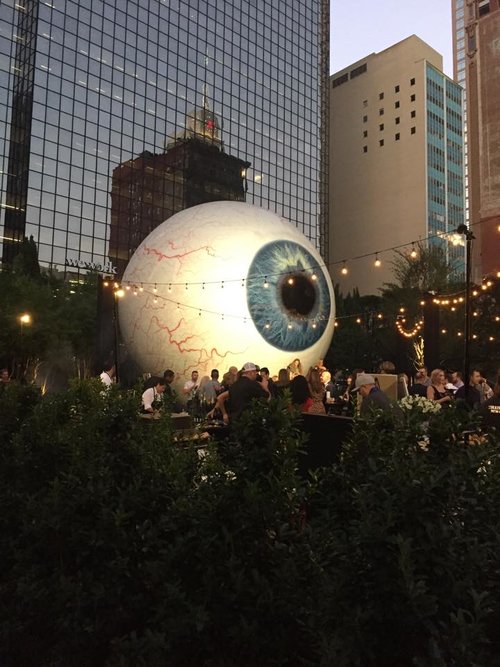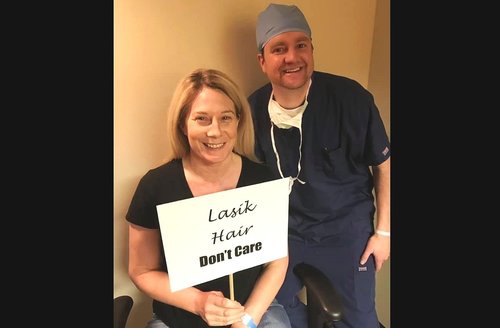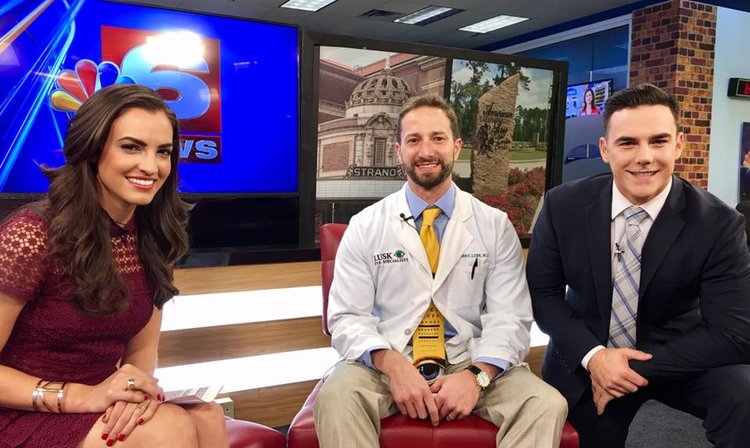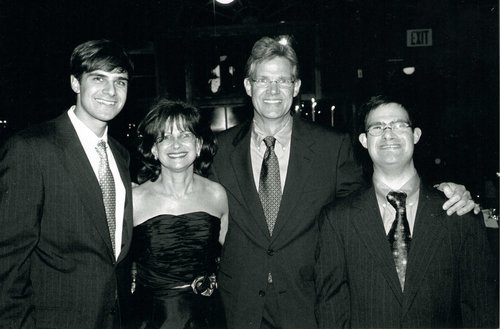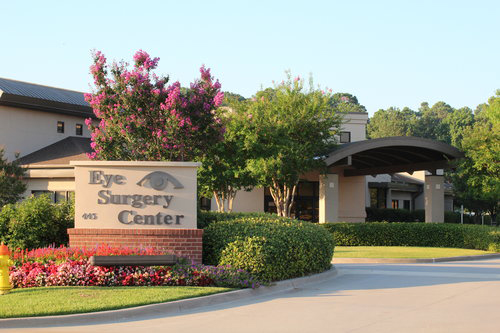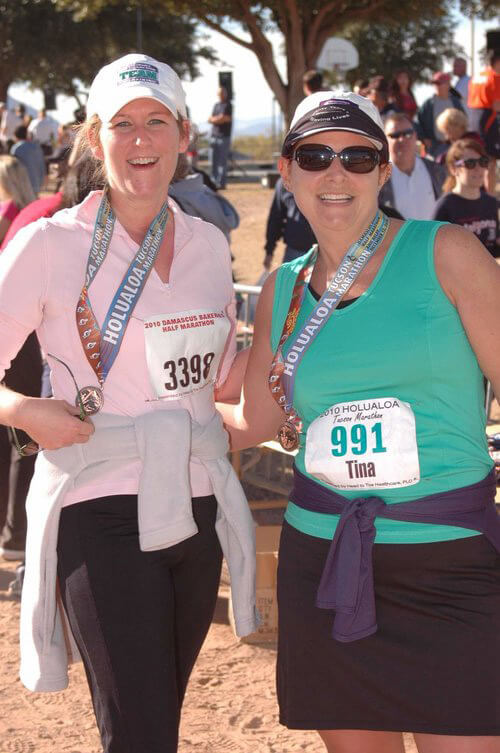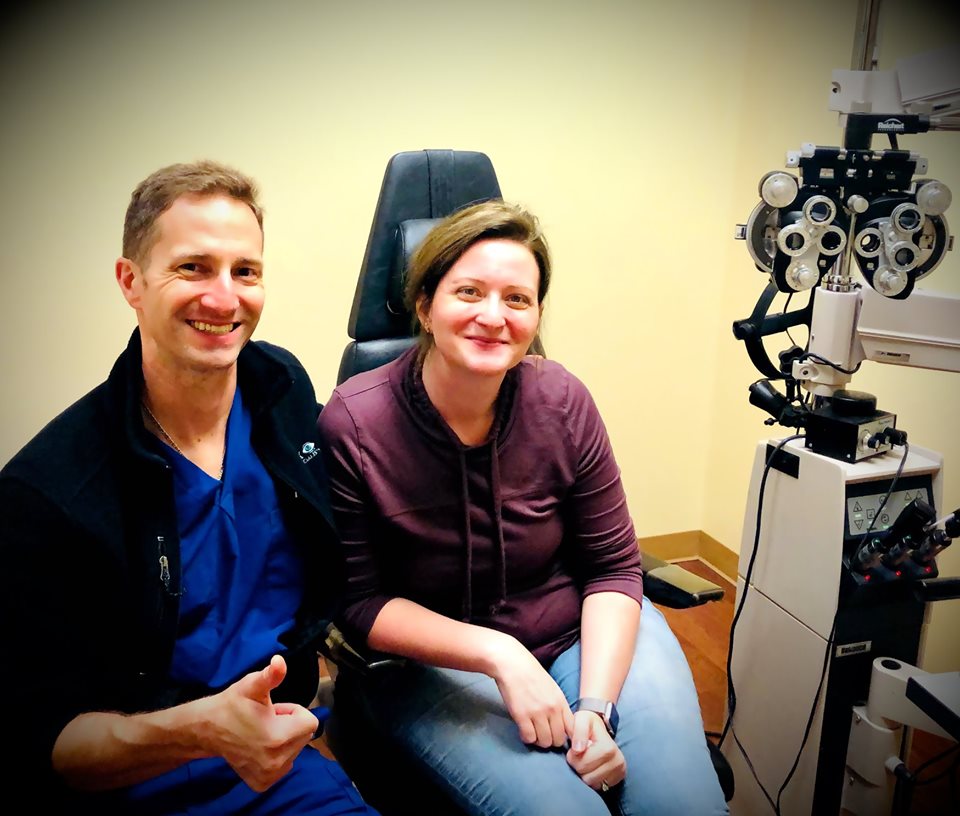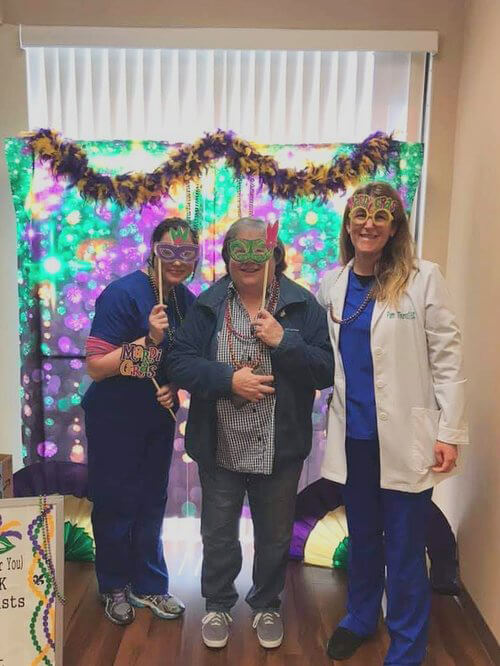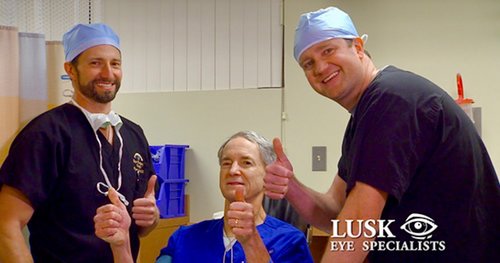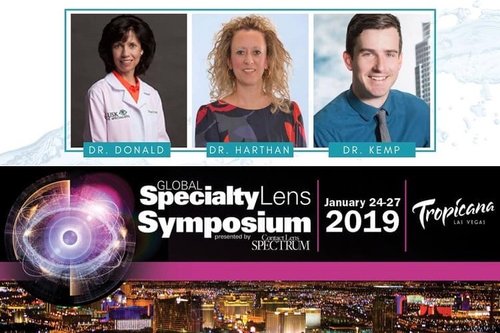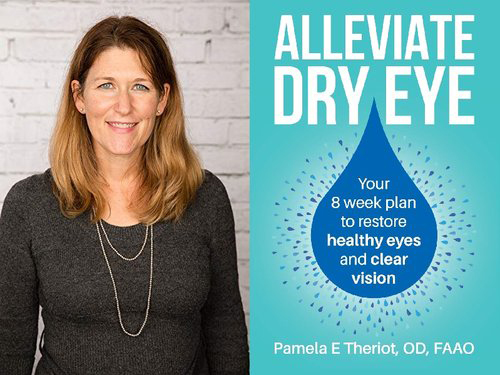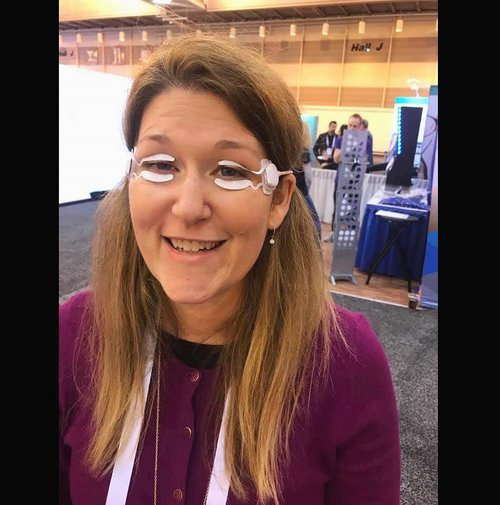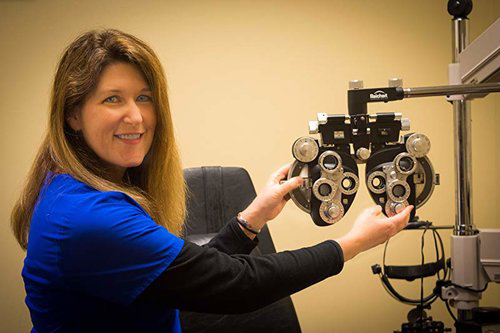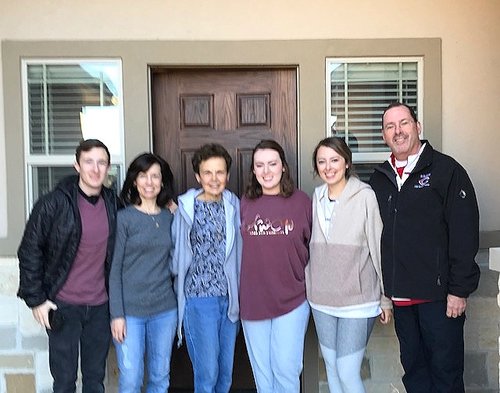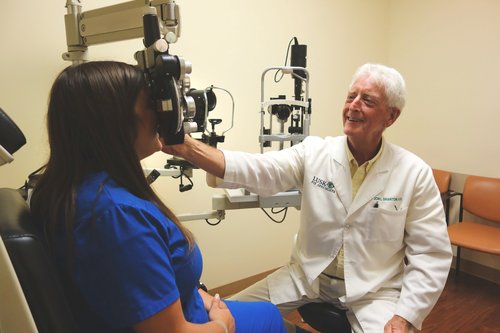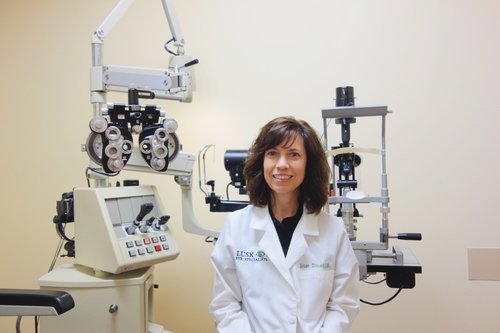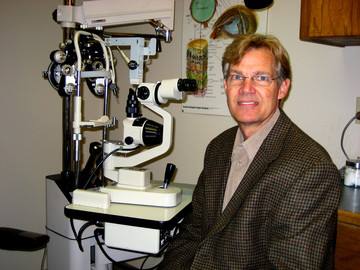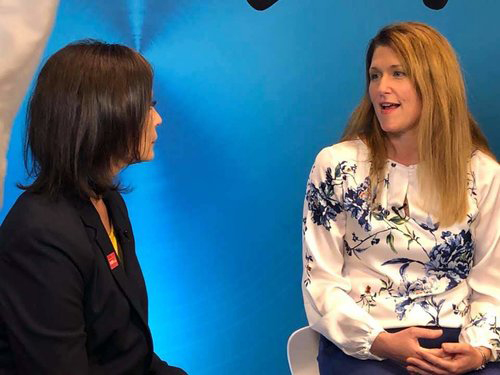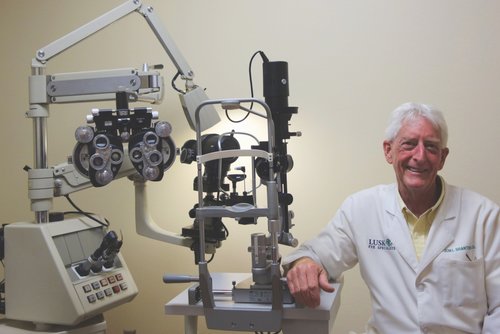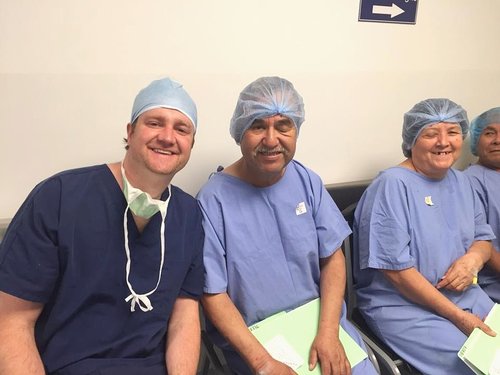Cataract Surgery in Shreveport, LA
Cataract Treatment Close to You
We offer cataract treatment to Shreveport, Minden, Marshall, Carthage, and other surrounding communities in the Ark-La-Tex area. You don’t have to suffer from your cataracts any longer, let us help you see the world more clearly today!
Welcome to Lusk Eye Specialists, where you’re treated like family by our family.
For 40 years, the surgeons at Lusk Eye Specialists have set the standard for cataract care in the Ark-La-Tex. From pioneering the latest breakthroughs in laser and lens implant technology to providing more affordable cataract surgery options with our dedicated outpatient surgery center, Lusk Eye Specialists remain the clear choice for restoring your vision through cataract surgery.
Because of our experience & training, patients have come from as far as California or Florida for their surgery. Our surgeons have also travelled as far as Africa, South America, and Mexico to help train other eye surgeons and share their skills to restore vision to underserved populations through cataract surgery. It’s our way of giving back.
Below, you can get acquainted with cataract surgery at Lusk Eye Specialists and learn how we use some of the industry’s latest and most advanced methods to provide life-changing vision improvement.
The Lusk Difference in Action
Today, cataract removal and lens implantation at Lusk Eye Specialists is safer and more effective than ever before. In the past, cataract surgery consisted of simply removing the eye’s natural lens and inserting a standard replacement. This didn’t result in clear vision after surgery for most people. Now, with a range of premium and toric intraocular lenses (IOLs) at our disposal, we can use advanced technology to help you choose a lens that will eliminate your dependence on glasses or contacts after your surgery.
In fact, our founder, Dr. James Lusk underwent cataract surgery on his left eye by his sons, Dr. Bryan Lusk and Dr. Jeffrey Lusk in 2018. He had a custom toric lens inserted to correct his astigmatism, and the fact that he can enjoy 20/20 distance vision without glasses is a testament to the life-changing nature of modern cataract surgery.
The Lusk family of cataract surgeons puts your experience and your outcome at the core of everything we do, from detecting a cataract, to the process of planning and the day of surgery, all the way to final post-operative appointments. The Lusk Difference means working with a team of specialized surgeons you can trust to handle every detail from start to finish.
When Should I Have Cataract Surgery?
Before having cataract surgery, you will undergo extensive pre-operative testing to determine that both you and your eyes are in optimal health to get the best result. Our goal is to not only give you clear vision, but to reduce your dependence on corrective glasses postoperatively.
Our advanced diagnostics, intraocular lens implants (IOLs), and breakthrough surgical techniques used in custom cataract surgeries eliminates distance correction in over 90% of patients. Our multifocal IOL technology also gives most patients total freedom from readers. Our staff will educate you about the new technology available with custom cataract surgery.
When you visit our office, you will be educated on the numerous options available to cataract patients that were not available 15 years ago. When you come in for your appointment, we will let you know what makes the most sense for you and keep your costs as low as possible.
What Are Cataracts and When Should They Be Removed?
Cataracts are part of the natural aging process. When proteins build up on the lens, which sits just behind the iris, or colored part of our eye, your vision can become cloudy. The lens stiffens as we age, and when we reach our 40s, this stiffening is the reason why we need reading glasses to see close up. Cataracts are often the result of the same process, and usually start to affect people after the age of 55.
Click to learn more about what cataracts are and why they form in the eyes
The decision to have cataract surgery often depends on your lifestyle. When a cataract interferes with the activities you enjoy or are essential to your daily life, then it’s time to start considering your options. For example, a truck driver or airline pilot might proceed with surgery to eliminate night halos even while remaining at 20/20 on the vision chart. Someone in an assisted living facility, however, might not use their full range of vision to the same extent and could delay surgery.
Symptoms of a Cataract
- Dimming of vision
- Difficulty reading or driving
- Frequent changing of glasses
- Halos around lights at night
- Double Vision
- Loss of color vision
- Difficulty walking low lights situations
Some patients elect to have surgery on their clear lens before cataracts have formed to eliminate their dependence on a strong glasses prescription or reading glasses. This is called Refractive Lens Exchange.
How Does Cataract Surgery Work?
Cataract surgery can quickly and permanently cure cataracts by replacing your natural lens with a synthetic intraocular lens (IOL). This involves making an incredibly small opening in the cornea so that your surgeon can break up and remove the cataract. Cataract surgery is an outpatient procedure with minimal recovery demands and near-immediate results. In a matter of hours, you can take care of your cataracts and enjoy convenient, worry-free, clear eyesight.
Pioneering the Most Advanced Surgical Equipment
The surgeons at Lusk are among the most experienced in the country, but that’s only part of the equation. The best cataract surgery also requires the latest advancements in surgical technology.
To this end, Lusk Eye Specialists was one of the first sites in the USA to adopt Alcon’s INFINITI® Vision System, which makes cataract surgery easier and safer. This highly accurate process — called “phacoemulsification” — precisely and painlessly dissolves the cataract for easy removal, and then uses proprietary technology to replace it with your chosen IOL. Our surgical center has since upgraded to the Centurion®, the latest rendition of this cutting-edge technology.
As a result, we’re able to perform what’s called “no-stitch” cataract surgery. Because the equipment used is so accurate, the actual surgical incision can be as small as possible — less than 1/8th of an inch — allowing for faster visual improvement, reduced recovery time, and an overall more comfortable experience for patients.
Superior Intraocular Lens (IOL) Technology
It’s important to us that after cataract surgery, our patients can achieve their visual goals. With a wide range of high-tech IOLs available, your cataract eye surgeon will work with you to truly customize your post-surgery vision.
The TECNIS Symfony® IOL, one of our most popular and advanced options, is a powerful multifocal lens which gives patients crystal-clear vision over multiple distances. And, the AcrySof® IQ PanOptix® Trifocal IOL is the first FDA-approved trifocal lens, offering unparalleled vision coverage. Both of these lenses also come in toric varieties, meaning that they can correct astigmatism as well.
Click here to learn more about our extensive selection of IOLs
Is Cataract Surgery Painful?
Cataract surgery is virtually painless. You will be awake during the procedure, but we’ll numb your eye and provide a sedative to ensure that you’re relaxed and feel nothing during surgery other than the sensation of slight pressure.
How Long Does it Take to Recover from Cataract Surgery?
While everyone’s recovery is different, cataract surgery generally has a quick recovery period. Between our use of the advanced Centurion® Vision System and our “no stitch” incision, you should heal within a few days. Most patients report near-immediate results.
Cataract Surgery at Lusk Eye Specialists
On the day of surgery, you will arrive at the Eye Surgery Center next to our office about an hour before your procedure. Dr James Lusk spearheaded the formation of the center and has been the medical director for 17 years. The center now serves 10 eye surgeons. You will be offered a sedative to help you relax. A prep will begin in the pre-op area where your eye will be cleaned and vital signs, allergies, and medications checked.
Once moved into the operating room, you will undergo a second cleaning and sterile drapes will be applied around your eye. Eye drops and IV medications will make your procedure painless.
Your surgeon will use an ultrasonic device, called a phacoemulsifier, to gently dissolve your cloudy lens and place a clear lens in the lens capsule; all through a no-stitch incision of less than 1/10 of an inch.
Lusk Eye Specialists was one of the first sites in the USA to adopt Alcon’s Infinity Vision System which used oscillating energy application that reduced the amount of power needed to dissolve the lens, reducing the chance of damage to the delicate intraocular structures. The Surgical Center has upgraded to the Centurion, the latest rendition of this new technology.
The treatment is done under the microscope with magnification up to 25 times. In our glaucoma patients, pressure reducing valves can be placed right at the time of cataract surgery. Intraoperative antibiotic and steroid medications will be given on the table to reduce the chance of infection and inflammation and keep you from having to purchase expensive postoperative drops.
After a quick snack, you will be discharged to home with a few restrictions such as wearing a protective eye shield for a few nights.
To talk to one of our doctors about your options for cataract care, call (318) 378-5594 or request an appointment online.


